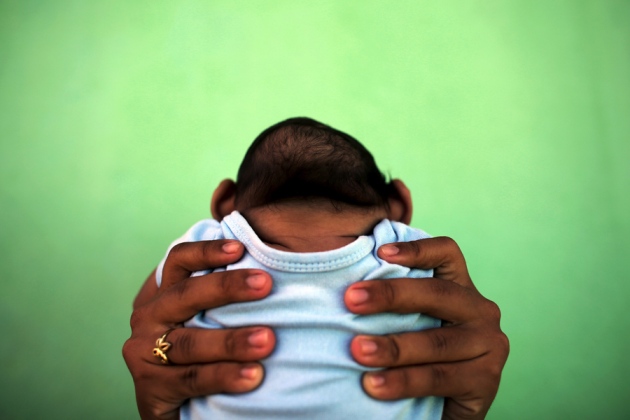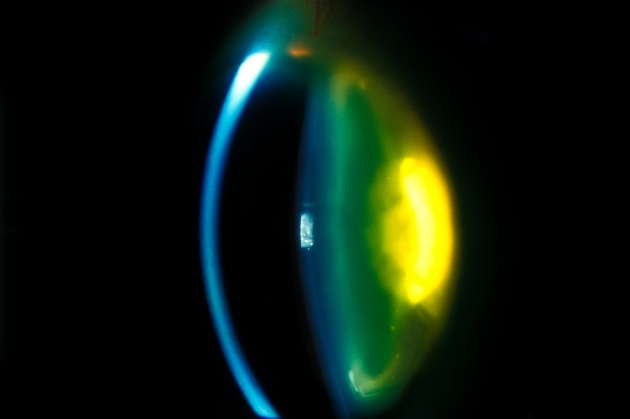Nature News
-

Synthetic biology tackles global antivenom shortage
Lab-made antibodies could produce high-volume, high-quality snakebite treatments.
-

Mysterious antidepressant target reveals its shape
But questions about the role of brain chemistry in depression may prevent the findings from spurring drug development.
-

A world where everyone has a robot: why 2040 could blow your mind
Technological change is accelerating today at an unprecedented speed and could create a world we can barely begin to imagine.
-

Zika highlights role of controversial fetal-tissue research
Fetal tissue may prove crucial to probing link between virus and birth defects.
-

Statisticians issue warning over misuse of P values
Policy statement aims to halt missteps in the quest for certainty.
-

Living factories of the future
Scientists are designing cells that can manufacture drugs, food and materials — and even act as diagnostic biosensors. But first they must agree on a set of engineering tools.
-

‘Sci fi’ eye experiments improve vision in children — and rabbits
Cells grown both inside and outside the body show promise in fixing lenses and corneas.
-

Psychology’s reproducibility problem is exaggerated – say psychologists
Reanalysis of last year’s enormous replication study argues that there is no need to be so pessimistic.
-

Role of chaos in deep ocean turned upside down
Reversal could change timeline of heat and carbon storage in the seas
